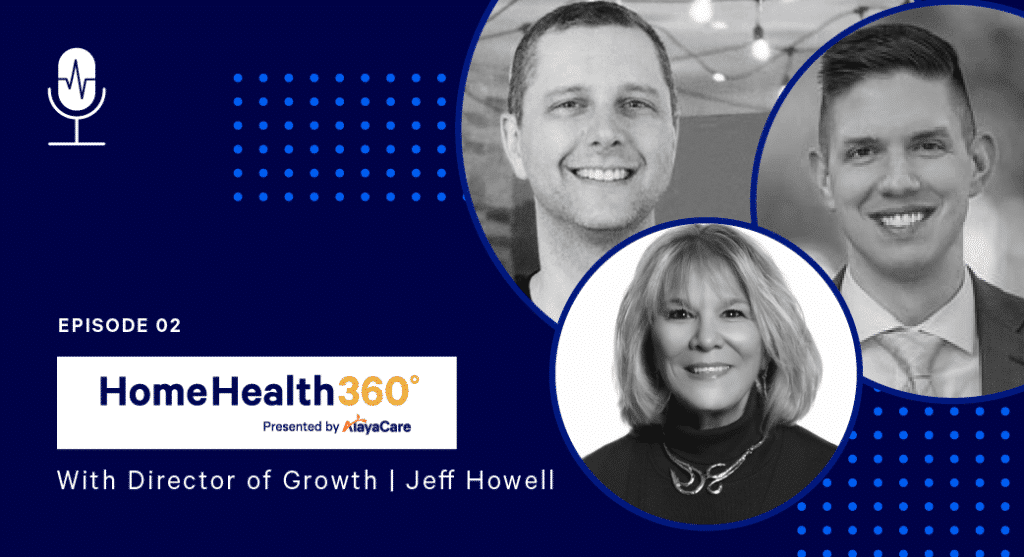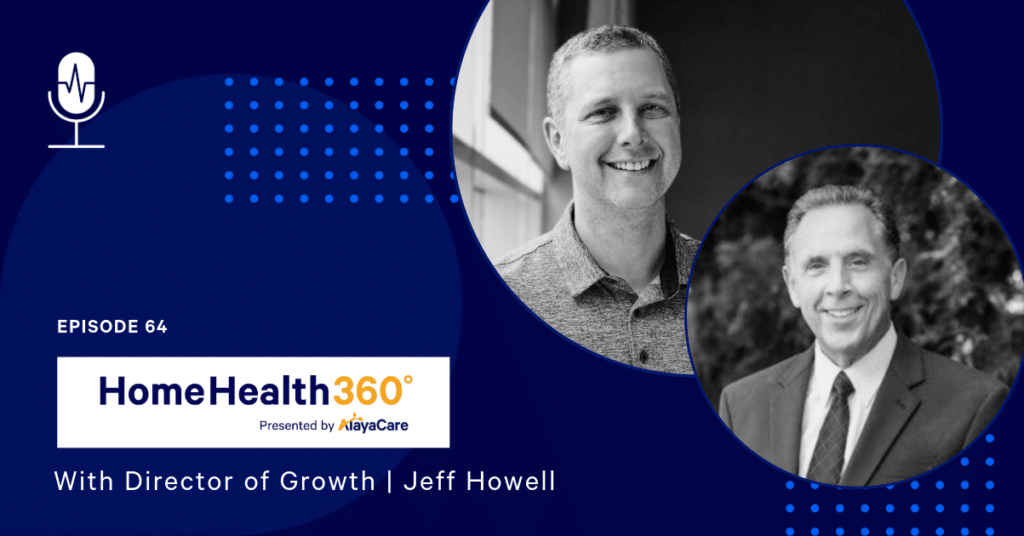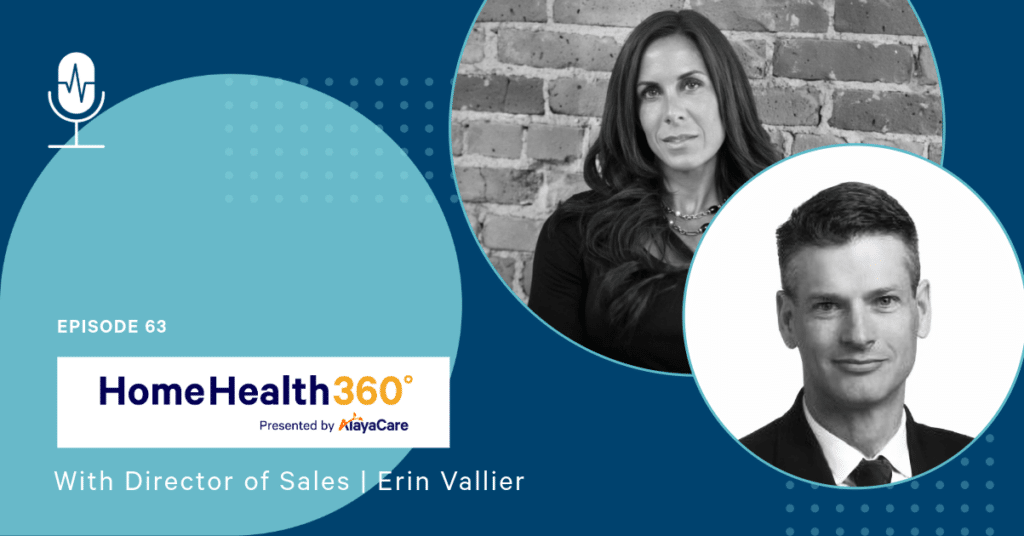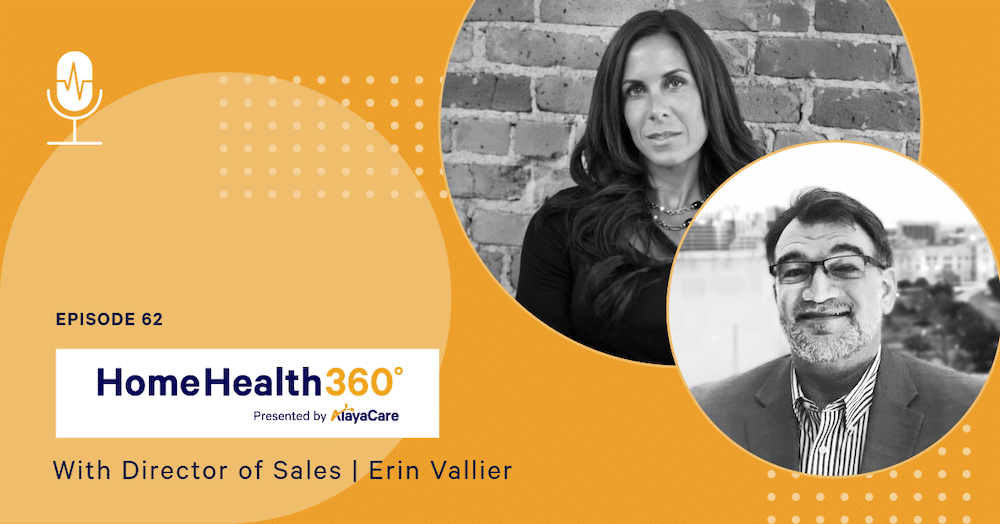Episode Description
Mari Baxter, COO, and David Chandler, Senior Director of Strategic Programs at Senior Helpers Franchising sit down with Jeff to talk about the amazing work Senior Helpers has done around caregiver training and improving client outcomes on a national scale.
Topics range from the pandemic response of one of the top home care franchisors in the United States to caregiver training techniques used to attract and retain employees and improve client outcomes.



